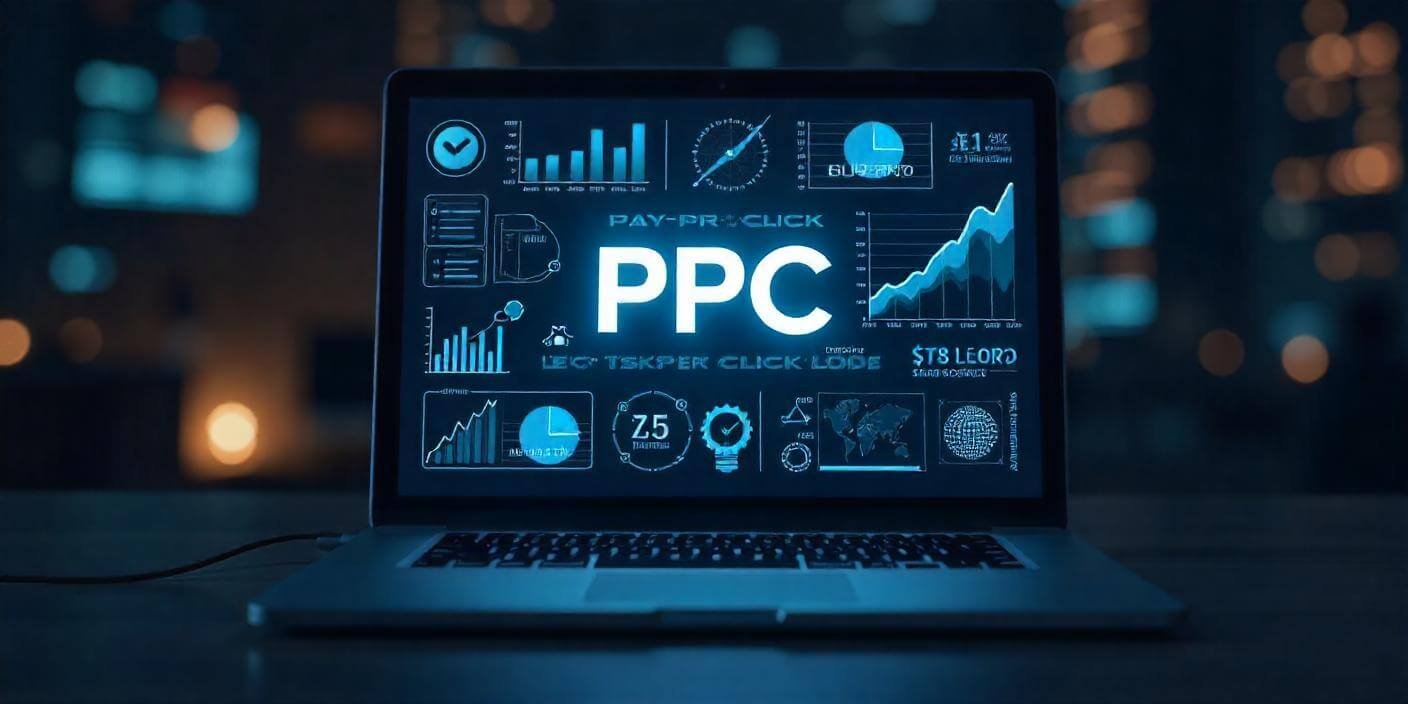
Growth Hacking Ideas – What Is Growth Hacking and How Can You Use It to Scale Quickly?
- Digital Marketing
Wait! What? I know what you’re thinking! This guy still thinks SEO is relevant in the emerging world of AI search??? Well yes, because Search Engine Optimisation (SEO) is constantly evolving. I’ve been witness to this firsthand, and AI is coming! it may replace search engines as we know them, but its not going to happen overnight, and for now, regular SEO, or “How to Get Your Site on the First Page of Google”, is still the powerhouse of all search, and staying ahead of the curve can feel overwhelming.
The good news? Not every SEO improvement has to take months to deliver results. There are some fundamentals that often get forgotten or start to slip as your website grows. Here are 10 quick wins you can implement today to boost your site’s performance in 2025.
Why does site speed matter? Google prioritises fast-loading websites because users expect instant results. A slow website increases bounce rates, reduces time on site, and ultimately hurts conversions. Studies show that even a 1-second delay can reduce conversions by 7%. Speed directly impacts user satisfaction and search engine rankings.
Quick Fixes:
Pro Tip: Test your site’s speed using Google PageSpeed Insights and aim for a score of 90+.
Further Reading: Check out Google’s web.dev performance guides for in-depth optimisation tips.
Why do Core Web Vitals matter? These metrics measure real-world user experience. Google uses them as ranking signals, meaning poor performance can push you down in search results. Good Core Web Vitals improve loading times, usability, and stability, leading to better engagement and higher rankings.
Quick Fixes:
Pro Tip: Use Google Search Console to check your Core Web Vitals report and identify problem areas.
Further Reading: Explore Google’s official Core Web Vitals documentation for more details.
Why is keyword research so important? SEO is only effective if you’re targeting the right audience. Keyword research ensures your content aligns with what people are actively searching for, making it easier to attract qualified traffic.
Quick Fixes:
Pro Tip: Incorporate keywords naturally into headings, meta descriptions, and alt text for images.
Further Reading: Check out Moz’s Beginner Guide to SEO for keyword research tips.
Why does updating old content help? Search engines reward freshness. Old posts that aren’t updated can lose visibility, even if they were once high-performing. Refreshing content keeps it relevant, maintains traffic, and boosts rankings.
Quick Fixes:
Pro Tip: Repurpose successful content into different formats. Think videos, infographics, or social media posts.
Further Reading: Learn more about content refreshing from HubSpot’s guide to repurposing content.
Why is mobile-friendliness essential? With over 60% of searches coming from mobile devices (in fact, this is even higher in practice), Google uses mobile-first indexing. If your site isn’t optimised for mobile, it can lead to poor user experiences, high bounce rates, and lost rankings.
Quick Fixes:
Pro Tip: Simplify navigation and ensure buttons are easily clickable on mobile.
Further Reading: Read Google’s mobile SEO guide for more tips.
Internal links are important! They create a hierarchy for your site, helping search engines understand relationships between pages. Proper linking distributes link equity, boosts rankings, and improves navigation.
Quick Fixes:
Pro Tip: Use tools like Screaming Frog to audit internal links.
Why fix broken links? Broken links frustrate users and reduce trust. They also waste link equity, hurting your rankings.
Quick Fixes:
Pro Tip: Replace broken links with updated resources or redirects.
Why do meta tags matter? These are the first things users see on search engine results pages. Compelling meta tags boost click-through rates, improving traffic and rankings.
Quick Fixes:
Pro Tip: Use Yoast SEO (WordPress) to optimise meta tags.
Why use structured data? Schema markup enhances your search listings with rich snippets, increasing visibility and click rates.
Quick Fixes:
Why focus on local SEO? If you’re targeting local customers, local SEO helps you appear in maps, directories, and “near me” searches.
Quick Fixes:
SEO doesn’t always require massive overhauls. Sometimes, small tweaks can make a big impact. By implementing these 10 strategies, you’ll be setting your site up for success in 2025.
Need help getting started? Let’s talk! Whether it’s a full SEO audit or ongoing optimisation, Kalagoo is here to make your website work harder for you.





